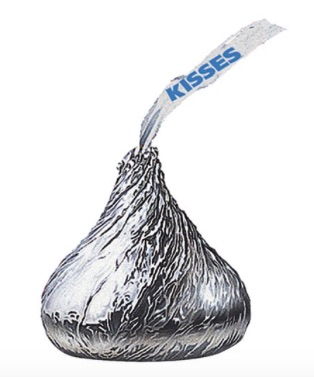In recent years, the public has become more concerned with the contribution of genetically modified foods to a healthy lifestyle. The United States is one of the few industrialized countries that hasn’t banned them, so it’s become increasingly important to know which foods have GMOs and which foods don’t.
Some foods are easier to find without GMOs than others, and many people have decided that they are better served growing their own or shopping local rather than hunting through the aisles of a grocery store chain. And if you’re not sure where to start, here are 4 foods where you should try to go non-GMO.
Soy
Soybeans are some of the most heavily modified crops, but with a little effort, you won’t have too much trouble growing your own. Be smart about where you buy seeds and make sure they are organic or non-GMO.
If you like fresh, go with green soybeans. They can be eaten in a variety of ways, and being ready to harvest every 2 weeks or so, you can acquire some soybean storage for the months after that first frost in the fall.
Milk

Experts Explain The Real Difference Between Organic And Non-Organic Milk
The milk options you’ve had in the past have decreased, especially considering that higher levels of hormones in your dairy could be linked to various cancers and other health conditions. Even with animals that haven’t been injected, there are concerns about those that feed on GMO crops and how this consumption affects their health and ours.
It may be more difficult to raise your own cow or goat, especially living in the city, so some great options in this case would be to look at organic or non-GMO brands available in your area. If you live in an area with locally raised dairy animals, you can often make purchases directly from the producer. If animal products are not for you, there are plenty of milk alternatives including soy, almond, rice, and powdered milk–just don’t forget to check the label.
Sugar Beets
Several years ago, the sugar beet industry decided to make a full conversion to GMOs, but recently there has been a shift back toward non-GMO sugars. It is still pretty safe to say these sugars contain GMOs, so you may want to go with an alternative.
Advocates for non-GMO foods recommend going with cane sugar, and with the amount of sugar that can be found in almost anything you buy, you should check your food labels, too. If it simply says ‘sugar’, it likely comes from GMO sugar beets and you can put it back on the shelf.
Apples
GMO apples have gained attention in the last few years. Instead of consuming varieties that have been modified to avoid browning and bruising, plan to plant your own apple trees.
It will take a few years before you are eating your own homegrown apples, so pick your apples up at a trusted orchard in the meantime. Keep in mind that a hybrid is NOT GMO, so eat as many of those Honeycrisp apples as you’d like.
Your Lifestyle
With the hundreds of options at our fingertips today, it may take time to find the best products for your lifestyle; however, it also means that there is at least one product out there that will fit your lifestyle and health needs, whether you create it yourself or find it with a trusted seller.





